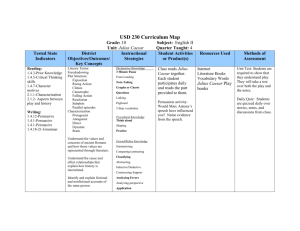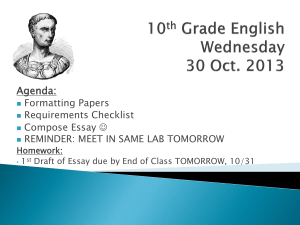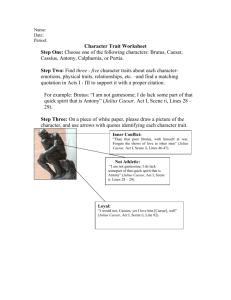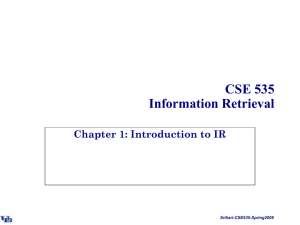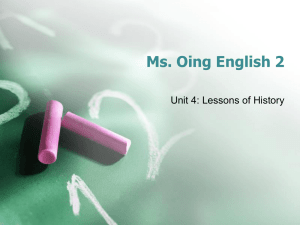January 17 & 18 (not 5 th Block)
advertisement
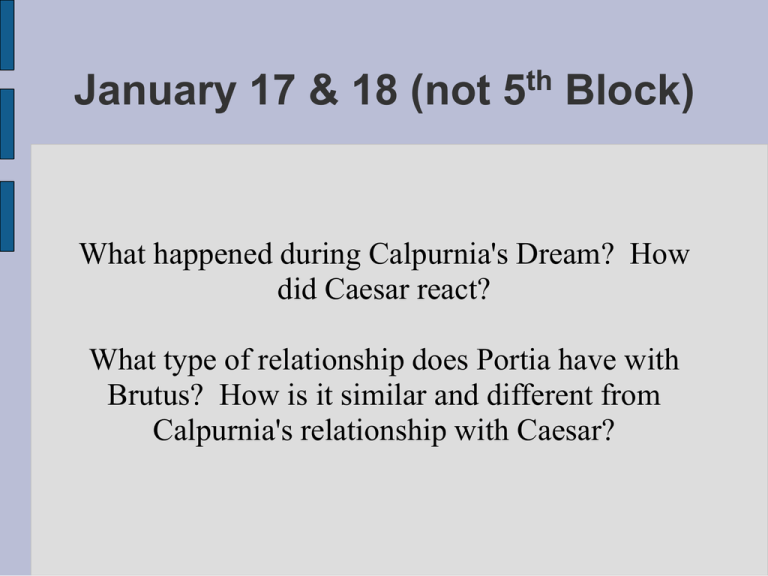
January 17 & 18 (not th 5 Block) What happened during Calpurnia's Dream? How did Caesar react? What type of relationship does Portia have with Brutus? How is it similar and different from Calpurnia's relationship with Caesar? January 19 & 22 What were the conditions under which Brutus agreed to allow Antony to speak after Caesar's assassination? How would you describe Shakespeare's view of the commoners of Rome? Use examples from the text to support your response. Remember to sign up for your final project presentation date today! January 19 and 22 Starter (15 points) ✔ ✔ Turn in Act III Study Guide Complete Group Activity for Act IV ✔ Act IV Group Activity Instructions Find a Group of three, assign one task to each member, and then complete the task. 1. Find biographical information about the real Julius Caesar. Then read it and summarize your findings in a list of important facts (minimum 25) 2. Translate pgs. 774 and 775 into American English 3. Answer all of the vocabulary and literary terms on the review sheet for the members of your group (ALL) 4. Read act four and complete the review sheet January 23 & 24th In 5 sentences, summarize the events in Act IV. Identify a theme of the play Julius Caesar. Be sure to support your answer with evidence from the text. January 23 &24 Turn in your Act IV Study guide. As a class, read and listen to Act V. Complete the Act V study guide. Next class, bring in a few sheets of paper. We will spend the class period doing an in-class-essay about Julius Caesar. January th 25 & 28th How is the end of the play like the beginning? What commentary might Shakespeare be making on politics and “the people?” Choose one of the following essay topic and write about it for 30 minutes. Remember to use examples from the text to support your response. 30 points Reveal how Caesar remains a vital force in the play after the assassination. ●Compare and contrast Antony and Brutus' funeral orations. ●Delineate at least three instances in which the action of the play hinges on the successful use of flattery. ●Describe the ways in which Shakespeare uses the weather, signs, and augurers to create dramatic tension and to develop character. ●Why is the play called Julius Caesar and not The Tragedy of Marcus Brutus? ●

